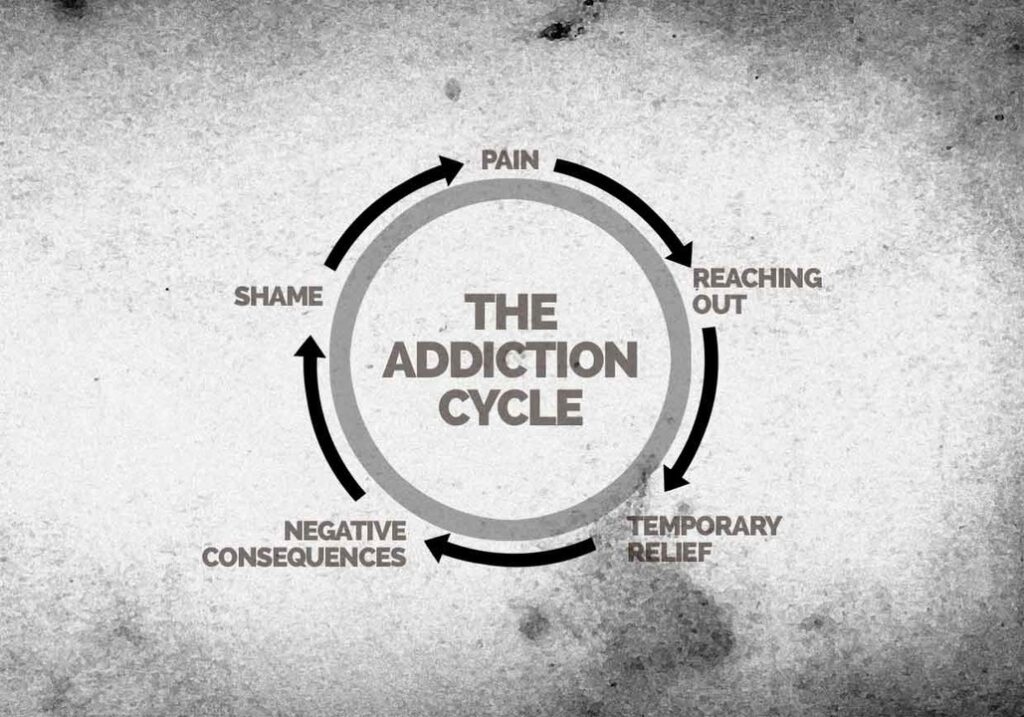Addiction is a formidable opponent, casting long shadows over the lives of individuals and their loved ones. It’s a complex mix of psychological, physical, and social factors that converge to create a cycle that can be challenging to break. Seeking professional help is not just a step towards recovery; it’s a leap towards reclaiming control over one’s life. With the right support, individuals grappling with substance abuse can find hope and healing. In this article, we will explore why substance abuse treatment is not just beneficial but essential for those seeking to break free from the fetters of addiction.
The Role of Professional Treatment in Overcoming Addiction
Breaking the cycle of addiction requires a comprehensive approach that goes beyond mere willpower. Professional treatment offers tailor-made plans that tackle the unique challenges of each individual’s addiction. Through detox, therapy, and aftercare planning, treatment centers provide the structure and support needed for long-term recovery.
Professional treatment can include various therapeutic modalities, such as cognitive-behavioral therapy, which helps individuals to reframe negative thought patterns related to substance use. Coupled with group therapy and support networks, these interventions empower those in recovery with the skills needed to maintain sobriety. Moreover, treatment centers also focus on relapse prevention, a crucial aspect of sustaining recovery.
Centers such as Plum Creek Recovery Ranch offer an environment conducive to healing. With a combination of professional expertise, therapeutic environments, and a focus on individual needs, recovery becomes an attainable goal. The crucial role of these structured programs cannot be overstated in the journey toward lasting sobriety.
Identifying When Substance Use Becomes Substance Abuse
The line between substance use and abuse can often be blurred, but recognizing the signs of dependency is pivotal. Changes in behavior, such as neglecting responsibilities or withdrawing from social activities, can be telltale signs. Substance use becomes abuse when it starts to take precedence over all other aspects of life, and the consequences become more severe and harder to ignore.
Physical symptoms, like building tolerance and withdrawal when not using, are indicators that use has transitioned to abuse. These physical manifestations can pose serious health risks and require medical attention to manage safely. This is where the role of professional treatment becomes clear, as it offers medically supervised detoxification and withdrawal management.
The Impact of Delaying Treatment on Health and Well-being
Delaying treatment for substance abuse can have significant repercussions. Over time, addiction takes a toll on both mental and physical health. It can lead to a spectrum of issues, ranging from liver disease or heart problems to depression and anxiety. The longer one waits to seek treatment, the greater the risk of developing severe, long-term health concerns.
Moreover, when treatment is delayed, the psychological impacts deepen. Addiction can severely strain relationships, leading to isolation and lost opportunities for support. The prolonged period of substance abuse can also lead to worsening mental health conditions, creating a more complex situation to address during recovery.
The societal consequences of delaying treatment are equally grave. Substance abuse can result in lost productivity, unemployment, and a higher incidence of criminal activities, feeding into a stigmatizing cycle that makes seeking help even harder. It impacts not only the individual but also the community at large.
How Holistic Approaches Complement Traditional Addiction Treatments
In the context of addiction recovery, holistic approaches are gaining recognition for their ability to complement traditional treatments. These methods focus on healing the whole person, addressing not just the physical aspect of addiction but also its emotional and spiritual dimensions. By integrating techniques like meditation, yoga, and nutritional counseling, these approaches provide a comprehensive blueprint for recovery.
For many, the incorporation of holistic practices in treatment plans has led to increased self-awareness and stress management skills. Such practices can enhance the ability to cope with cravings and triggers that are part of the recovery journey. They also provide tools that individuals can use in their everyday lives, promoting a sustainable path to sobriety.
Overall, facing the challenges of addiction demands an immediate, concerted effort. Professional treatment serves as a lifeline for many, providing the necessary expertise and compassionate care required to navigate the road to recovery. Integrated with holistic practices, traditional treatments have the power to transform lives, restoring health and hope to those who have been entangled in the grip of substance abuse.

